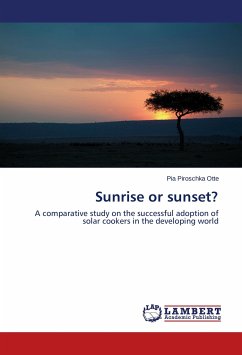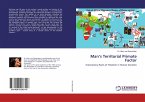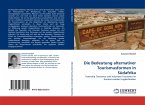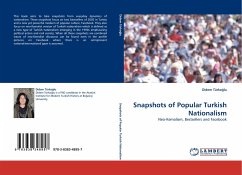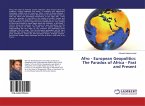This study investigates the determining factors for the successful adoption of institutional solar cookers. Qualitative interviews were conducted with 24 institutions in four different countries that had a particular type of solar cooker installed. A Qualitative Comparative Analysis (QCA) approach was employed to answer the question at hand. The analysis results in four core variables, the presence of which implies the successful adoption of solar cookers. These are: (1) High Compatibility with Schedule of Daily Routine , (2) High Compatibility with Local Food Characteristics , (3) High Levels of Economic Motivation and (4) High Levels of Environmental Motivation . An interesting result is that institutions that have successfully adopted solar cookers are religious institutions and that these institutions show a very strong affinity for protecting nature as part of their spiritual belief. Furthermore, the condition High Compatibility with Local Food Characteristics took on another spiritual meaning apart from the actual objective taste; it became associated with purity, one major principle of Hinduism.
Bitte wählen Sie Ihr Anliegen aus.
Rechnungen
Retourenschein anfordern
Bestellstatus
Storno

